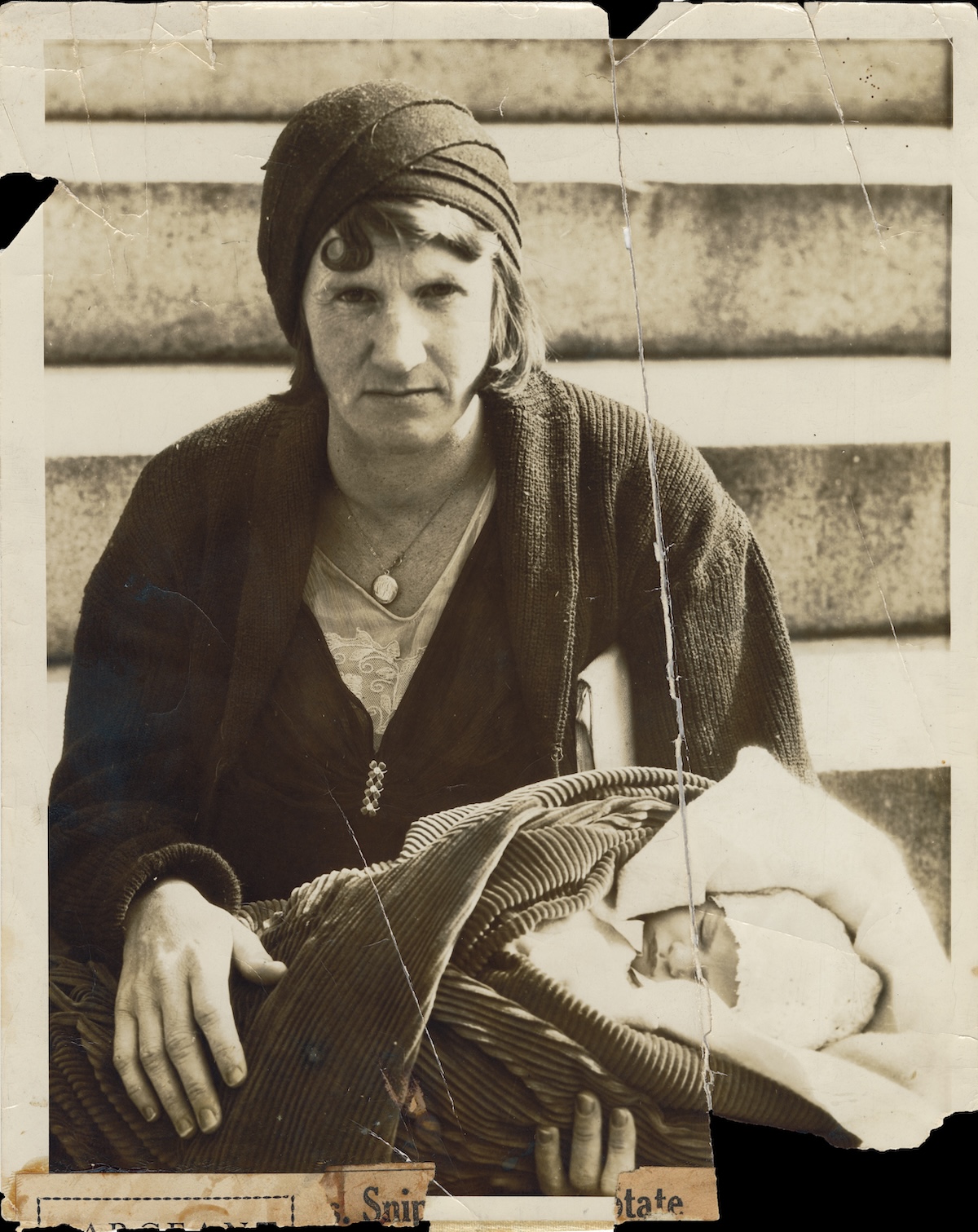Putting Mothers on Death Row
US law requires a stay of execution for pregnant women on death row. In practice, however, this once only applied to mothers considered ‘good enough’.

In 1778 the commonwealth of Massachusetts executed a pregnant woman. Bathsheba Spooner had insisted all the way to the execution grounds that she was with child, but a jury of matrons, a group of married women empowered by the court to examine potentially pregnant women, disagreed. English Common Law (which governed the colonies at the time) required a stay of execution when a condemned woman was found to be ‘quick with child’, or physically felt by the mother. Despite the intervention of the Reverend Thaddeus Maccarty and the dissenting opinion of a physician, Spooner was hanged. Her last request was for an autopsy. Maccarty wrote: ‘She was opened … and a perfect male foetus of the growth of five months … was taken from her.’ Massachusetts had executed a foetus. Yet, probably because of the ongoing Revolutionary War, there was no public outcry.







